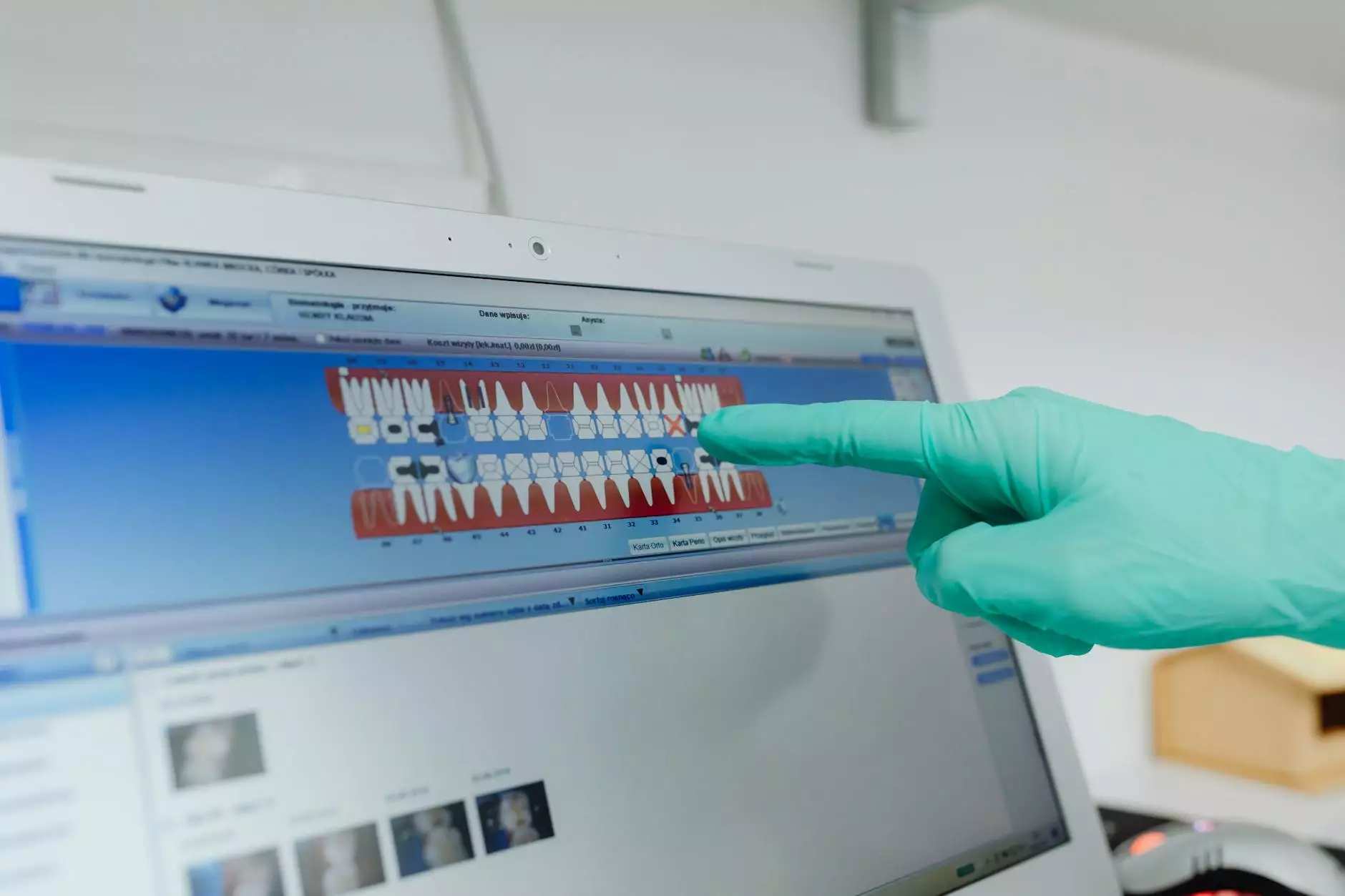Understanding the Organic Sugar Price: A Comprehensive Guide for Business Success

In the dynamic world of the sugar industry, understanding the intricacies of the organic sugar price is crucial for producers, distributors, and retailers alike. As consumers increasingly seek healthier and eco-friendly options, organic sugar has surged in popularity, consequently impacting its market value. This comprehensive guide explores the various factors that influence the organic sugar price, market trends, and strategic insights for businesses aiming to thrive in this competitive sector.
What Is Organic Sugar and Why Is It Valuable?
Organic sugar is derived from sugarcane cultivated without synthetic fertilizers, pesticides, genetically modified organisms (GMOs), or artificial additives. Its purity, environmental sustainability, and health benefits have made it a preferred choice among health-conscious consumers. As a result, the demand for organic sugar has increased significantly, driving up its organic sugar price.
From a business perspective, understanding what makes organic sugar different helps to position your offerings competitively. The premium quality, eco-friendly cultivation methods, and certifications distinguish organic sugar in a crowded marketplace, often justifying a higher organic sugar price.
Key Factors Affecting the Organic Sugar Price
Several interconnected factors influence the volatility and long-term trends of the organic sugar price. Recognizing these variables allows businesses to formulate better procurement strategies and anticipate market shifts.
1. Supply and Demand Dynamics
Global demand for organic sugar has seen a rapid increase, driven by health trends and consumer preferences. However, supply remains constrained due to the complexities of organic cultivation, which involves strict standards and longer growing periods. This imbalance often results in a higher organic sugar price.
2. Cultivation Costs and Farming Practices
Organic sugarcane farming requires more labor-intensive practices, premium seeds, and environmentally sustainable inputs. These heightened costs directly affect the organic sugar price. Farmers and suppliers investing in certified organic cultivation typically pass these costs to end consumers, maintaining the premium pricing structure.
3. Certification and Regulatory Compliance
Obtaining and maintaining organic certification involves rigorous inspections, documentation, and adherence to strict standards. These regulatory expenses add to production costs, influencing the overall organic sugar price. High certification standards ensure product integrity, which justifies pricing premiums.
4. Climate and Agricultural Conditions
Environmental factors such as droughts, excessive rainfall, and extreme weather conditions can impact crop yields. Variations in sugarcane harvests directly influence the availability and quality of organic sugar, thus affecting its price.
5. Market Trends and Consumer Preferences
Market demand driven by consumers’ health consciousness and ethical considerations influences the organic sugar price. As demand grows, especially in developed markets, prices tend to stabilize at higher levels, benefiting suppliers and producers.
Market Trends Shaping the Future of Organic Sugar
Understanding current market trends provides critical insights into the sustainability and growth potential of the organic sugar sector. Companies that leverage these trends can better position themselves for long-term success.
1. Rising Consumer Awareness and Health Trends
Consumers are increasingly opting for natural and organic foods. The emphasis on reducing chemical intake and supporting sustainable agriculture has fueled demand for organic sugar, elevating its market value and organic sugar price.
2. Expansion of Organic Certification Programs
More countries and regions are adopting rigorous organic standards, expanding the market for certified organic sugars. This expansion enhances consumer trust and drives up the premium price associated with certified products.
3. Technological Innovations and Sustainable Farming
Advances in agricultural technology, such as precision farming and sustainable pest management, help reduce costs and improve yields for organic sugarcane. These innovations may gradually influence the organic sugar price by making organic farming more efficient.
4. Global Trade and Supply Chain Developments
Trade agreements, tariffs, and international logistics influence the availability and pricing of organic sugar across borders. A robust and efficient supply chain can mitigate price volatility, ensuring a stable organic sugar price.
Strategic Insights for Managing the Organic Sugar Price
For businesses involved in the sugar supply chain, proactive strategies are vital for optimizing profit margins and maintaining competitiveness amidst fluctuating organic sugar prices.
1. Establish Direct Relationships with Certified Organic Farmers
Building direct partnerships with trusted farmers reduces middlemen costs, ensures product quality, and offers better control over pricing. Partnering with reputable suppliers, such as Brazil Sugar Top Suppliers, guarantees premium organic sugar at competitive prices.
2. Diversify Supplier Base and Geographic Sources
By sourcing from multiple regions, businesses can mitigate risks associated with local climate conditions or regulatory changes that affect the organic sugar price.
3. Leverage Market Data and Price Tracking Tools
Using real-time data analytics helps anticipate trends and make informed purchasing decisions, avoiding price surges and securing better margins.
4. Invest in Quality Certification and Branding
Enhancing your organic sugar’s branding through certifications and eco-labels can command higher prices, effectively offsetting market fluctuations.
5. Focus on Sustainable and Ethical Business Practices
Aligning your business in sustainability initiatives not only satisfies consumer preferences but also positions your brand as a leader in the organic sector, justifying premium pricing.
How Brazil Sugar Top Suppliers Leads the Organic Sugar Market
As a leading Sugar Supplier, Brazil Sugar Top Suppliers specializes in providing high-quality organic sugar sourced from trusted Brazilian farms. Our commitment to quality, sustainability, and fair trade practices ensures that our customers receive the most competitive and transparent organic sugar price.
With decades of experience in the international market, we understand the nuances that influence the organic sugar price and work tirelessly to offer solutions that meet your business needs. Our extensive network of organic growers adheres to the highest certification standards, ensuring consistency, purity, and taste excellence.
Why Choose Brazil Sugar Top Suppliers for Your Organic Sugar Needs?
- Premium Quality: Our organic sugar is certified by leading global standards, ensuring product purity and compliance.
- Competitive Organic Sugar Price: We leverage Brazil’s vast agricultural resources and efficient logistics to offer attractive prices without compromising quality.
- Reliable Supply Chain: Our established distribution channels ensure timely delivery across the globe.
- Customization: We offer various packaging and grading options tailored to your business requirements.
- Expert Support: Our team provides expert guidance on market trends, certification processes, and procurement strategies.
Conclusion: Navigating the Market for Long-Term Success
The organic sugar price is a complex but critical component of the organic sugar market. By understanding the factors that influence its fluctuations and adopting strategic procurement practices, your business can remain competitive and profitable. Partnering with a reputable supplier like Brazil Sugar Top Suppliers ensures you access high-quality, sustainably produced organic sugar at the best possible organic sugar price.
Embrace the future of organic sugar by prioritizing quality, sustainability, and strategic sourcing — securing your position as a leader in this thriving industry.









